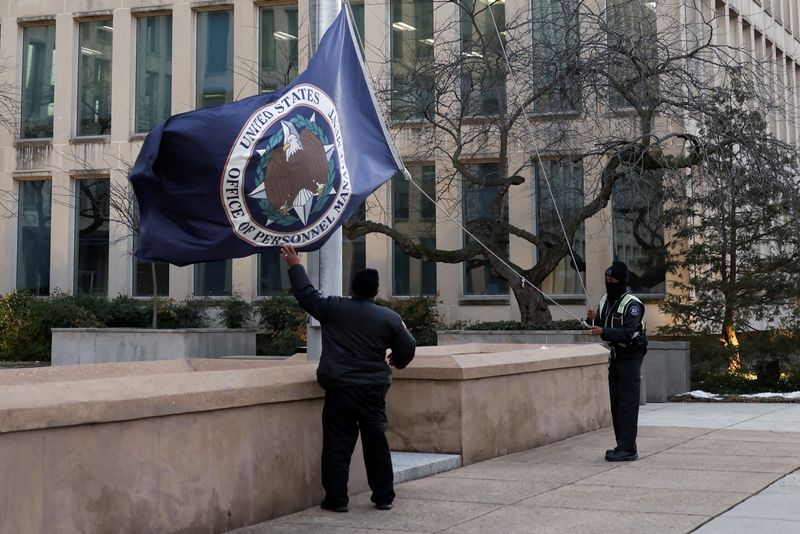What Does PKK’s Demise Mean for Turkey’s Future?
The Kurdish Workers’ Party, known as the PKK, has consented to cease hostilities against the Turkish government. This development could have significant implications for PKK members, Turkey’s political landscape, and nearby nations. Following four decades of militant opposition to the Turkish state, the Kurdistan Workers’ Party (PKK) has declared its intention to dissolve.
Officials from the Turkish government as well as politicians from opposing parties have all welcomed the decision and the anticipated conclusion of a protracted and violent conflict, during which approximately 40,000 individuals reportedly perished.
The PKK’s declaration sparked festivities yet raised numerous queries too. According to political analysts, the disbandment of this entity—a designated terror outfit by Germany along with several other nations—might significantly reshape the distribution of political influence within Turkey.
What changes might occur in Turkish politics?
This might turn out to be a significant milestone in Turkish politics, according to Seren Selvin Korkmaz, co-director of the Istanbul Political Research Institute, known as IstanPol.
“The political equations we were talking about a year ago are today completely different,” Korkmaz says. “Parties will have to adapt their programs and their discourse.”
In particular, things might change a lot for the Peoples’ Equality and Democracy Party, a pro-Kurdish political party known as DEM for short.
According to Korkmaz, two main factors will impact Turkish politics over the next three years: How peace with the PKK proceeds and the legal situation around jailed Istanbul mayor Ekrem Imamoglu.
The mayor who won the election democratically was arrested in March when the negotiations with the PKK were already progressing. According to Korkmaz, Imamoglu’s party, the Republican People’s Party (CHP), has taken over from the pro-Kurdish political group as the new adversary of the Erdogan administration. The latter had been considered the primary opposition for some time recently.
There are a lot of Kurdish politicians in prison alongside Imamoglu, including Selahattin Demirtas, the DEM party’s former co-chairperson who was jailed on what are considered politically motivated charges of terrorism in 2016.
The pro-Kurdish movement now expects some of their politicians will be freed, even as the fate of those prisoners remains unclear.
“Discussing the Kurdish question within the constitutional framework now requires, above all, some sort of detente or democratization,” argues Mesut Yegen, a political scientist at the Reform Institute, an Istanbul-based think tank. “Essentially, the constitution must be redesigned to create a more democratic model for Turkey. But at the same time, there is a government is unwilling to change a presidential system with authoritarian tendencies.”
Many unknowns
It’s also unclear when, how and to whom the PKK might surrender their weapons. Nobody knows whether this could happen via international observers, or whether it will be a complete and thorough disarming, or if it’s just a symbolic gesture. Media reports, citing official sources, suggest these questions may be answered this summer. It appears that the state is working on some kind of plan.
Another issue: there’s some resistance to the group’s dissolution within the PKK itself. Several senior members of the group still need to be convinced. Additionally, there’s also been discussion as to whether a new organization might take the PKK’s place and what happens to the Kurdish umbrella organization, the Kurdistan Democratic Communities Union, or KCK, now.
Turkish Foreign Minister Hakan Fidan has made it clear that the PKK’s renunciation of armed conflict won’t be enough. “Putting down weapons alone is not enough,” he said during a televised interview on May 9. “It is necessary to eliminate illegal and intelligence structures. An accountable organization model should be developed by taking advantage of the opportunities provided to political parties and NGOs.” Fidan said he was prepared for a number of different scenarios.
PKK members in limbo?
Also uncertain is the fate of PKK members, including fighters who have sought shelter in the mountains in northern Iraq as well as activists in the cities. The PKK has an estimated 60,000 supporters, including its fighters, sympathizers and civilian helpers.
Granting an overall amnesty to PKK members is seen as contentious. While possible assimilation initiatives are under discussion, it appears improbable that Turkish President Recep Tayyip Erdogan would issue a comprehensive pardon. The potential for sparking substantial societal unrest remains too high.
Key figures from the PKK will not have permission to go back to Turkey. They might manage to visit certain third nations, whereas some could remain in northern Iraq; however, this situation remains undecided. The administration led by Erdogan is adamant about not permitting the PKK’s approximately 300-person leadership, who presently reside in nearby Iraq, Syria, or Iran, to continue residing there without consequence.
The effects on nearby countries are likewise receiving close attention. Northern Syria continues to be held by the Syrian Democratic Forces, known as the SDF. At the heart of the SDF lies the so-called People’s Protection Units, referred to as the YPG. Turkey views the YPG as a branch of the PKK. It has been suggested that SDF fighters might join Syria’s newly formed national army. Foreign members within the SDF ranks are advised to go back to their own countries.
Initially, Turkey’s government maintained that the YPG should disarm as well at the start of the process. However, over time, this requirement has softened considerably.
The Turkish Ministry of Defense has altered the terms it employs and now more frequently uses the designation SDF rather than “YPG/PKK.” In the past, the Turkish government refrained from utilizing the acronym SDF, claiming that it served as a guise for what they consider a terrorist group.
Within Turkey’s governing Justice and Development Party (AKP), there are also dissenting opinions. Samil Yaya, a former parliamentary member closely associated with Erdogan, cautioned that alongside resolving weapon transfers and defining the legal framework, they needed to determine how to handle ex-PKK combatants.
Tayyar stated that this development cannot be evaluated independently of the situation in Syria. He emphasized that addressing the danger posed by the YPG at their border is more crucial than disbanding the obsolete PKK.
The tale was initially released in German.
Copyright 2025 DW.com, Deutsche Welle. Distributed by Tribune Content Agency, LLC.





